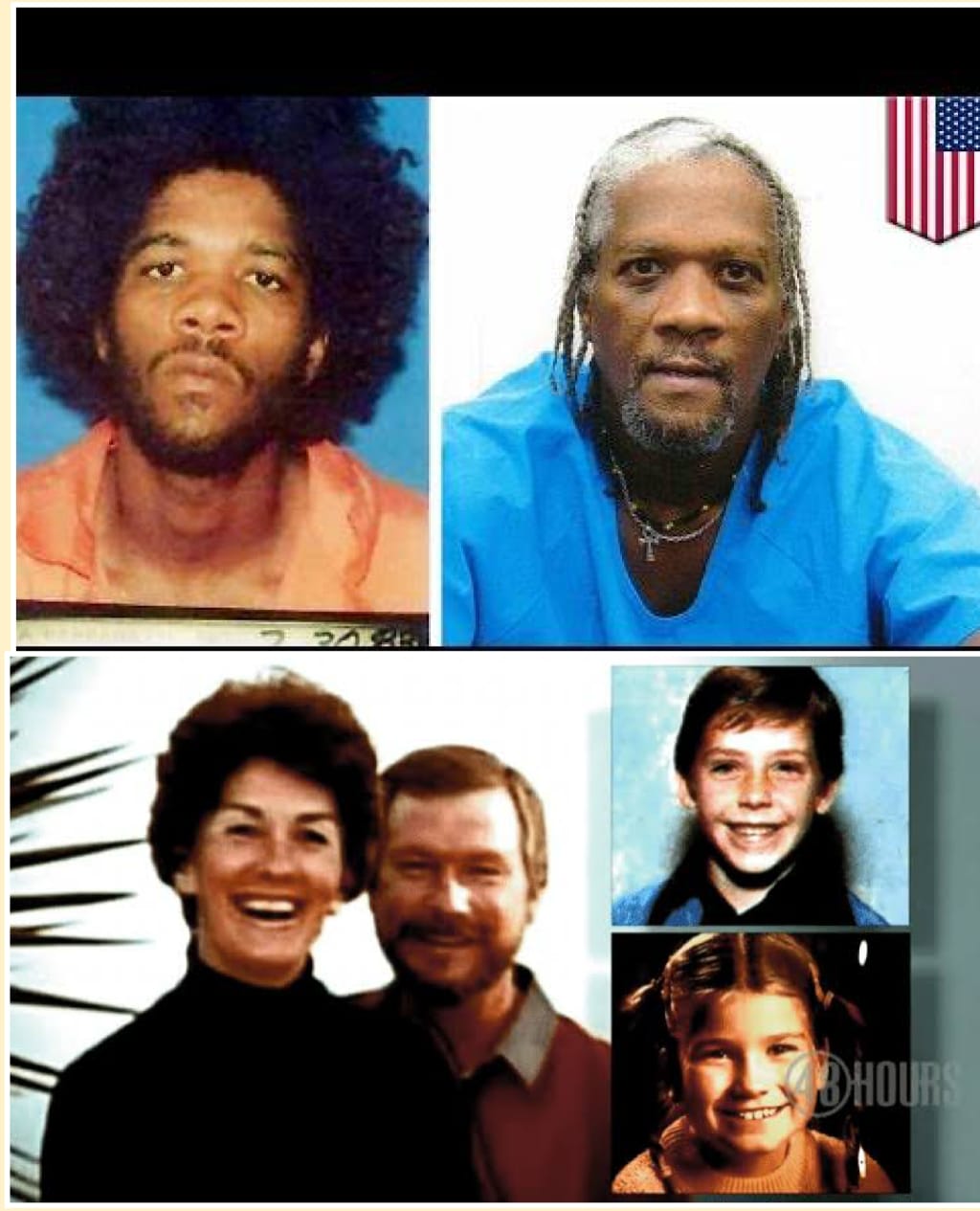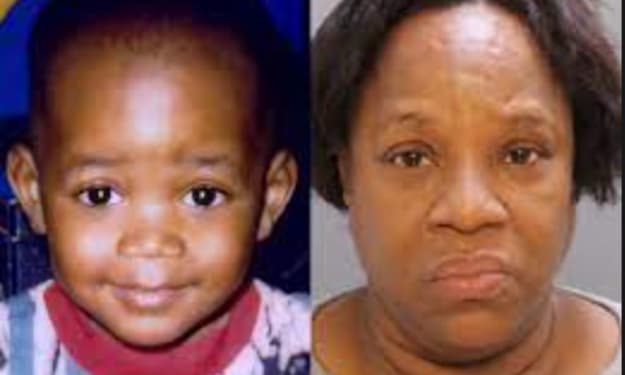"Kevin Cooper's Controversial Conviction"
Kevin Cooper's case centers around the 1983 murders of a California family and a neighbor. Despite his conviction, doubts about evidence mishandling and fairness of trial persist.

Kevin Cooper is an African-American man whose name has become synonymous with a controversial and complex legal case that unfolded in the United States in 1983. The case involves the brutal murders of four individuals – Doug and Peggy Ryen, their 10-year-old daughter Jessica, and 11-year-old neighbor Christopher Hughes – in Chino Hills, California. Cooper was eventually convicted of these murders, but the validity of his conviction has been a subject of intense debate, with many believing that he might be innocent and that crucial evidence was mishandled or overlooked during the investigation and trial.
The events leading up to Cooper's conviction are marked by a series of unfortunate circumstances and alleged mishandling of evidence. The murders occurred on June 4, 1983, and Cooper, who had escaped from a nearby prison, became a prime suspect. He was apprehended in Mexico after a massive manhunt and was later extradited to the United States to stand trial.
During the investigation, several pieces of evidence raised concerns about the integrity of the case. One of the most contentious issues was the discovery of a bloody t-shirt in a vacant house near the crime scene. This t-shirt, believed to have belonged to the real perpetrator, contained both Cooper's and the victims' blood. However, Cooper's defense team argued that the evidence had been tampered with or planted, and that crucial DNA testing had not been conducted properly.
At trial, Cooper was found guilty and sentenced to death in 1985. Over the years, his case has attracted significant attention from advocates, activists, and legal experts who have raised questions about the fairness of his trial and the potential mishandling of evidence. In 2004, Cooper came within hours of execution before a temporary stay was granted to allow for further DNA testing on evidence from the crime scene.
The DNA testing brought forth new revelations. In 2002, Cooper's defense team requested further testing on the evidence, including the t-shirt and a hatchet found at the crime scene. The results were inconclusive and contentious. While some tests suggested that Cooper's DNA was present on the items, other tests indicated the presence of DNA from additional individuals who were not members of the Ryen or Hughes families. The defense argued that this new evidence pointed to the possibility of other perpetrators being involved in the crime.
Despite these developments, Cooper's legal journey has been marked by numerous legal battles, appeals, and efforts to prove his innocence. His case has received support from celebrities, human rights organizations, and legal scholars who believe that he did not receive a fair trial and that crucial evidence was mishandled or suppressed.
In recent years, various developments have kept the spotlight on Cooper's case. Documentary films, books, and media coverage have helped keep public interest alive. Additionally, legal advocates have continued to push for a reevaluation of the evidence and a reconsideration of Cooper's conviction. They argue that the cumulative evidence suggests that Cooper may have been wrongly convicted and that a miscarriage of justice may have occurred.
The case of Kevin Cooper highlights the complexities and flaws within the criminal justice system. It raises questions about the reliability of evidence, the fairness of trials, and the potential for systemic biases to impact the outcomes of legal proceedings. While the debate over Cooper's guilt or innocence continues, his case underscores the need for transparency, accountability, and integrity in the criminal justice process.
In conclusion, the case of Kevin Cooper is a tragic and controversial chapter in the American legal system. The brutal murders of the Ryen family and Christopher Hughes in 1983 led to Cooper's conviction and death sentence, but serious doubts have been raised about the integrity of the evidence and the fairness of his trial. Advocates continue to fight for a thorough reexamination of the case, believing that Cooper might be innocent and that a miscarriage of justice may have occurred. The complex interplay of evidence, legal proceedings, and public awareness makes Kevin Cooper's story a thought-provoking example of the challenges and imperfections within the criminal justice system.
About the Creator
Enjoyed the story? Support the Creator.
Subscribe for free to receive all their stories in your feed. You could also pledge your support or give them a one-off tip, letting them know you appreciate their work.





Comments
There are no comments for this story
Be the first to respond and start the conversation.